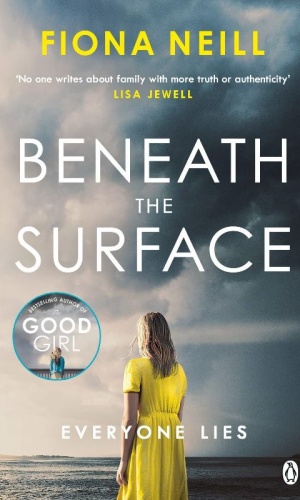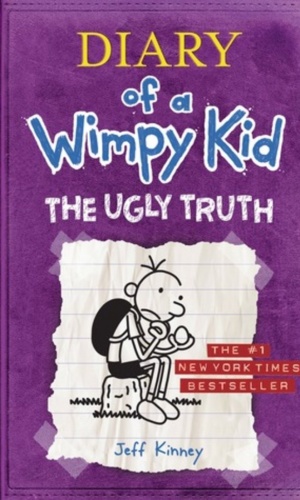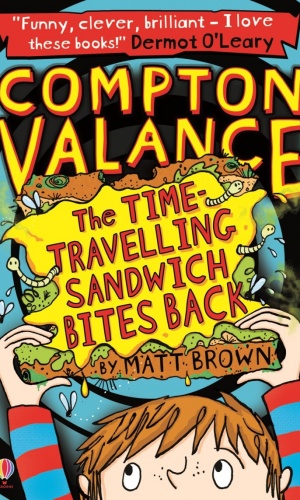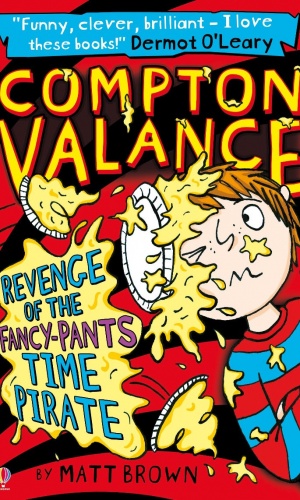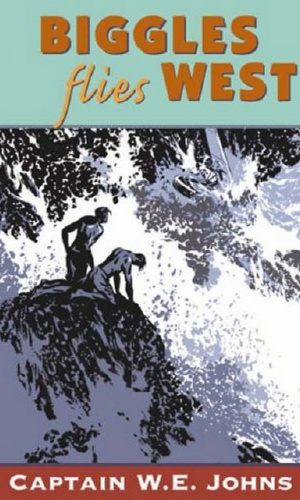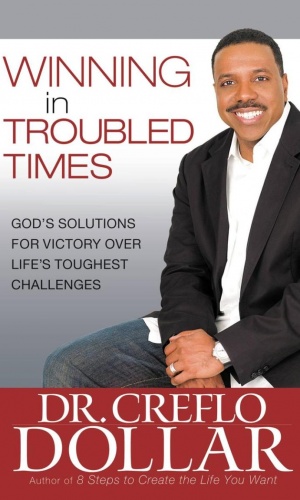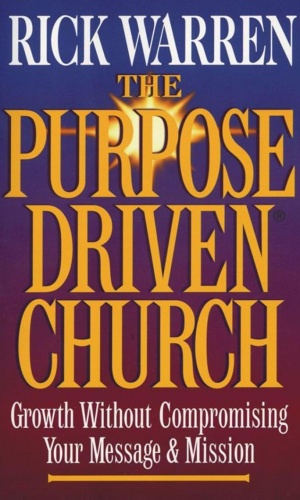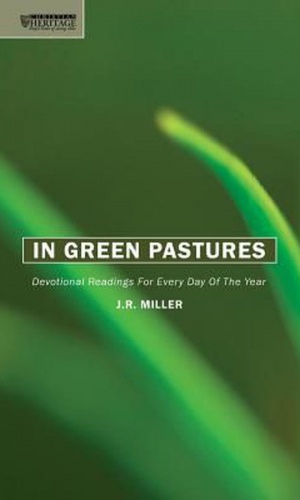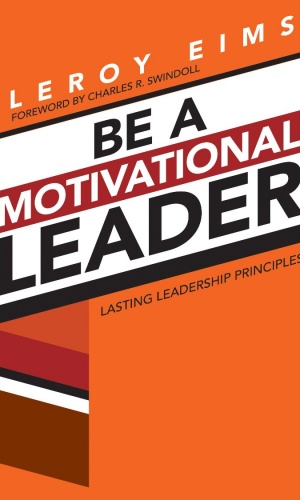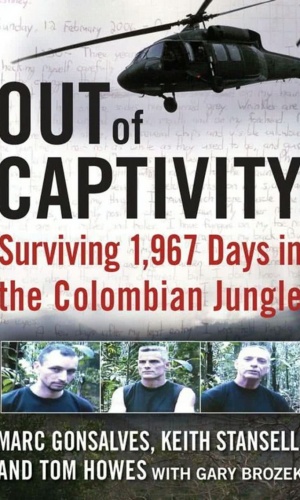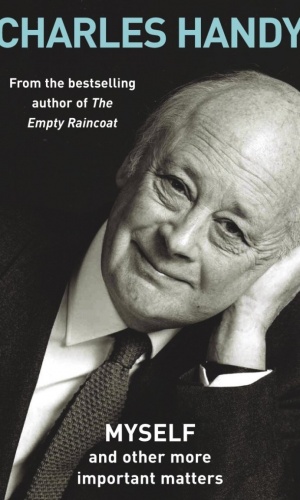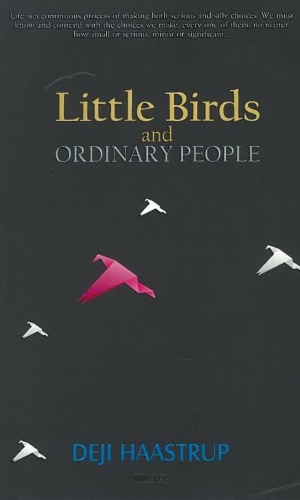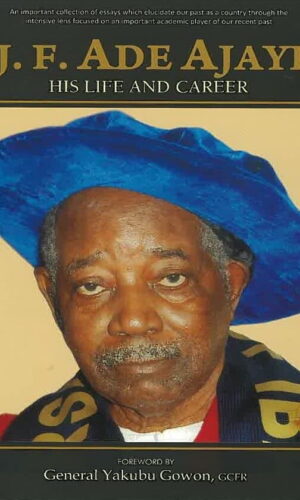-
Diary Of A Wimpy Kid – The Ugly Truth
Greg Heffley has always been in a hurry to grow up. But is getting older really all it?s cracked up to be?
₦12,200 -
Compton Valance- The Time Travelling Sandwich Bites Back
Compton Vallance has an incredible secret: he can travel through time using a stinky sandwich. And now he’s in big trouble!
₦2,700 -
Compton Valance- Revenge Of The Fancy Pants Time Pirate
Magnificently mustachioed madman Gussage St Vincent is back from the dead and set on using his pirate galleon time machine to become OVERLORD OF THE UNIVERSE.
₦2,700 -
Biggles In Spain
‘Don’t move yet. I’m going out of the front door. They’ll rush me then. That’s your chance to go out the back way. Got that?’-‘Quite clear.’-‘Good! But don’t think I’m exaggerating. My chances of getting out of here alive are about one in a hundred.
₦3,750 -
Biggles Flies West
Biggles, Algy and Ginger help a young lad evade a violent thief and find themselves plunged into a dangerous treasure hunt searching for a long-lost pirate hoard of gold in the Caribbean.
₦3,750 -
Winning In Troubled Times
In this timely and powerful new book, Dr. Creflo A. Dollar shares transforming ways to deal with the challenges and hardships everyone faces today.
₦2,170 -
Quiver Full
Kathryn Joyce’s fascinating introduction to the world of the patriarchy movement and Quiverfull families examines the twenty-first-century women and men who proclaim self-sacrifice and submission as model virtues of womanhood?and as modes of warfare on behalf of Christ.
₦1,200₦1,410 -
Purpose Driven Church
The Purpose Driven? Church has brought focus and direction to more pastors and church leaders than you can count.
₦1,930 -
In Green Pastures
J R Miller (1840-1912), considered by many the most popular and gifted devotional writer of his era, leads us through our daily meditations, displaying his amazing gift for drawing and expounding on Gods word.
₦3,160 -
Becoming A Vessel Of Honour
This book is written for all those children of God who hunger and thirst after a close personal relationship with Him, for those who long to hear His voice in their innermost being and who will not be
₦1,800 -
Be A Motivational Leader
HIGHLY MOTIVATED PEOPLE ARE HARD TO STOP!
Competent leadership is the key to maintaining high motivation and morale within the group. The leader’s job of equipping people to be and do their best for Christ is demanding, and often thankless. But it is worth it!
₦1,700 -
Out Capitivity
On February 13, 2003, a plane carrying three American military contractors – Marc Gonsalves, Tom Howes, and Keith Stansell – crashed in the mountainous jungle of Colombia.
₦3,210 -
Omoluwabi 2.0
In Omoluwabi 2.0, Adewale Ajadi lays out a new way of organising and transforming, organisations, countries and continents, based on the Yoruba principle of Omoluwabi, updated for the 21st century.
₦1,450 -
Myself And Other Important Matter
The author of The Age of Unreason, The Empty Raincoat, and The Elephant and the Flea shares more of his bestselling brand of wisdom concerning the big choices we have to make in life.
₦2,700 -
Little Birds And Ordinary People
Part memoir, part philosophical reflection, this book contains a collection of stories that encapsulate the coming-of-age of one man against the backdrop of a newly independent country, in flux.
₦4,000 -
Perfect Slow Cooking
Would you like to get the most out of your slow cooker?
– Do you want to create healthy home-cooked meals with the minimum of effort?
– Do you want to save money and time without compromising on taste?
₦1,900


